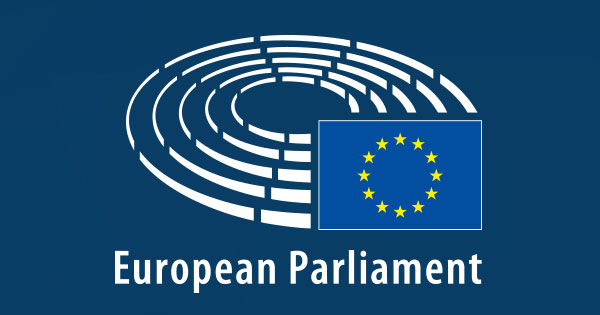Based on the provisional political settlement between the co-legislators, reached on 15 December 2023 on the European Media Freedom Act (EMFA), member states should be certain that residents have entry to a plurality of editorially unbiased media content material.
Notably, EU nations should guarantee the editorial and practical independence of public media by:
– appointing heads and board members by clear and non-discriminatory procedures. Their time period of workplace should be lengthy sufficient to ensure the media’s independence, and dismissing them earlier than the finish of their time period might be prohibited, besides after they not meet their efficiency standards (judicial evaluation attainable);
– clear and goal funding procedures, in addition to sustainable and predictable funding to safeguard independence;
– unbiased monitoring of media’s political independence, with public experiences.
Safety of journalists’ work
Member state authorities might be prohibited from interfering with editorial choices.
MEPs secured a prohibition on journalists and editors having to reveal their sources, together with by detainment, sanctions, workplace searches or by putting in intrusive surveillance software program on their units.
By the use of derogation, such interferences will solely be permitted on a case-by-case foundation ‘by an overriding cause of public curiosity’, topic to authorisation by a judicial authority. With a purpose to use intrusive surveillance software program towards journalists, it should additionally should be justified for investigations of great crimes punishable by a custodial sentence in the respective member state. On this case, surveillance measures should be often reviewed by the judiciary.
Even in these instances, the proper of topics to learn about ongoing surveillance in addition to having to have judicial safety will apply.
Possession transparency
To evaluate media independence, the EMFA will oblige media, together with micro-enterprises, to publish data on their direct and oblique homeowners, together with if they’re instantly or not directly owned by the state or a public authority, in a nationwide database.
Media can even should report on funds acquired from state promoting and on state monetary help. This contains funds from non-EU nations.
Provisions towards large platforms making arbitrary choices
MEPs efficiently negotiated the creation of a system to make sure that choices on content material moderation by very large online platforms don’t negatively have an effect on media freedom.
Platforms will first have to differentiate unbiased media from non-independent sources. Media can be notified that the platform intends to delete or prohibit their content material and have 24 hours to reply (shorter timeframe in case of disaster).
If after the reply (or in absence of it) the platform nonetheless considers the media content material doesn’t adjust to its situations, it might proceed with deleting or limiting. Nonetheless, if the media considers that the determination doesn’t have enough grounds and undermines media freedom, they’ve the proper to carry the case to an out-of-court dispute settlement physique and request an opinion from the European Board for Media Providers (a brand new EU board of nationwide regulators to be arrange by the EMFA).
Truthful allocation of state promoting
To make sure media shops don’t grow to be dependent on state promoting, public funds to media service suppliers or on-line platforms might be allotted by way of open and non-discriminatory procedures, based mostly on public standards. Member states should distribute state promoting expenditure to a large plurality of media.
Public authorities will publish data yearly about their state promoting expenditure, the complete annual quantity spent and the quantities spent per media service supplier or on-line platform.
Quotes
“It is a enormous win for media freedom,” rapporteur Sabine Verheyen (EPP, DE) stated after the deal was agreed. “Now we have managed to safe all of Parliament’s most essential calls for: editors might be extra unbiased of their choices, media possession might be extra clear, and media freedom won’t be restricted by large platforms. It is a vital legislative milestone to safeguard the variety and freedom of our media and shield our democracies”.
“At this time’s deal is nothing lower than recognition. Recognition of the enormous effort and arduous work that every one journalists do day-after-day, risking their lives to protect our democracies,” LIBE rapporteur Ramona Strugariu (Renew, RO) stated. “It’s a enormous step in direction of defending media freedom and securing a protected setting for journalists and media staff. They deserve it.”
Subsequent steps
The deal needs to be formally permitted by the Committee on Tradition and Training (January tbc) and by the Parliament as an entire (March plenary tbc), in addition to by the Council.
